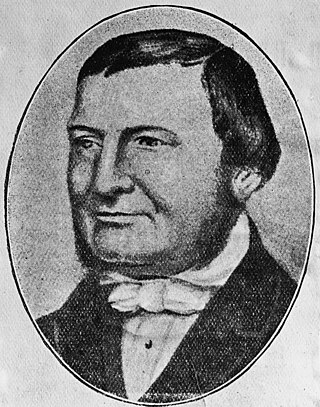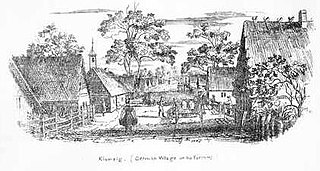Adelaide German Club

The Adelaide German Club was founded on 15 July 1854 [5] by C. Kraegen, F. Schumacher, J. Drechsler, A. Beyer, G. Kopsch, F. May, C. Praehm, J. M. Wendt, J. A. Senn, O. Ziegler, C. Gunther and Uhlmann. [6] One service the German Club provided its members was a Sick Fund, which 1868 became a separate organisation. [7]
After twenty years of holding meetings in hotels (they rented a hall upstairs in the Hamburg Hotel [8] in Rundle Street, then the Europe Hotel, Grenfell Street (each at an intersection with Gawler Place), they had saved enough money to purchased a large allotment, part or all of 87–91 Pirie Street, and in 1878 started building their own magnificent clubhouse at 89 Pirie Street, [2] which was opened in July 1879. They then embarked on construction behind the clubhouse, of Adelaide's Albert Hall, a large concert hall named for the Prince Consort, which was officially opened on 4 October 1880. This has been described as the point at which the club's fortunes began to nosedive.[ citation needed ]
It had cost a little over £2,000, and was entirely paid for by fund-raising activities, and through every member contributing £1, which was to be repaid, interest free, out of profits. [9] The scheme backfired however: membership dropped dramatically and the focus of those remaining was on repaying the debt, to the detriment of their social and cultural program. [9]
From around 1890 maintenance of the Albert Hall was neglected and at a special general meeting held by the German Freehold Company, Ltd., owners on behalf of the club, accepted the offer of £4,000 by the Salvation Army for the property. From January 1899 the Club met in a house owned by Patrick Gay (the cabinetmaker of Gay's Arcade fame) in Grenfell Street. [10]
The German Club predominantly consisted of the "upper crust" of German society, living in North Adelaide and Walkerville, steeped in fine German literature and classical music, socialising with and even marrying British settlers of the same social strata, and making the club accessible to cultured British Australians. [2] They loosened their ties to the Lutheran Church, and sent their children to parochial schools. Many of their "leading lights" found membership of the Adelaide Club more beneficial to their social and business success, and left the German Club.[ citation needed ]
The club wound up in 1909. [2]
Presidents
(Incomplete)
- 1858 Friedrich Schumacher
- 1867 Friedrich Krichauff
- 1869–1870 C. Balk
- 1870–1871 G. Meyer
- 1874 Adolph Witt
- 1874–1880 Ernst Postkuchen
- 1880 Theodor Scherk
- 1890–1891 Oskar Ziegler (c. 1832 – 20 August 1916)
- 1898–1899 H. Nettlebeck
- 1904 Otto von Drehnen
- 1908 A. H. Peek








